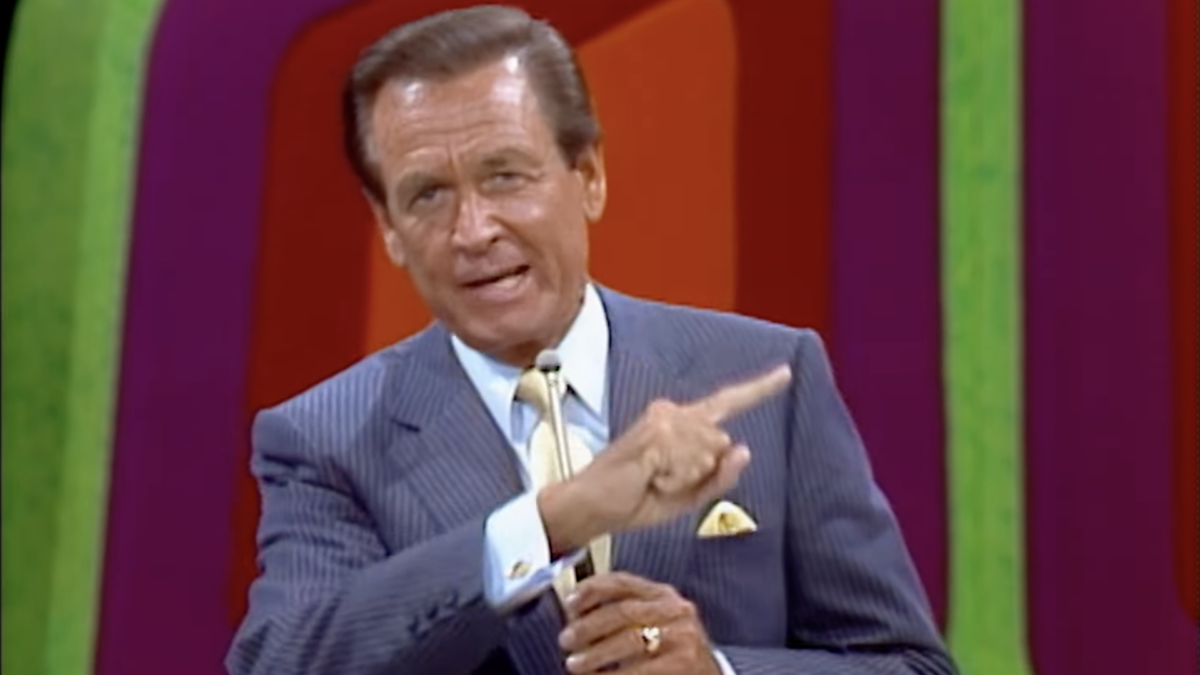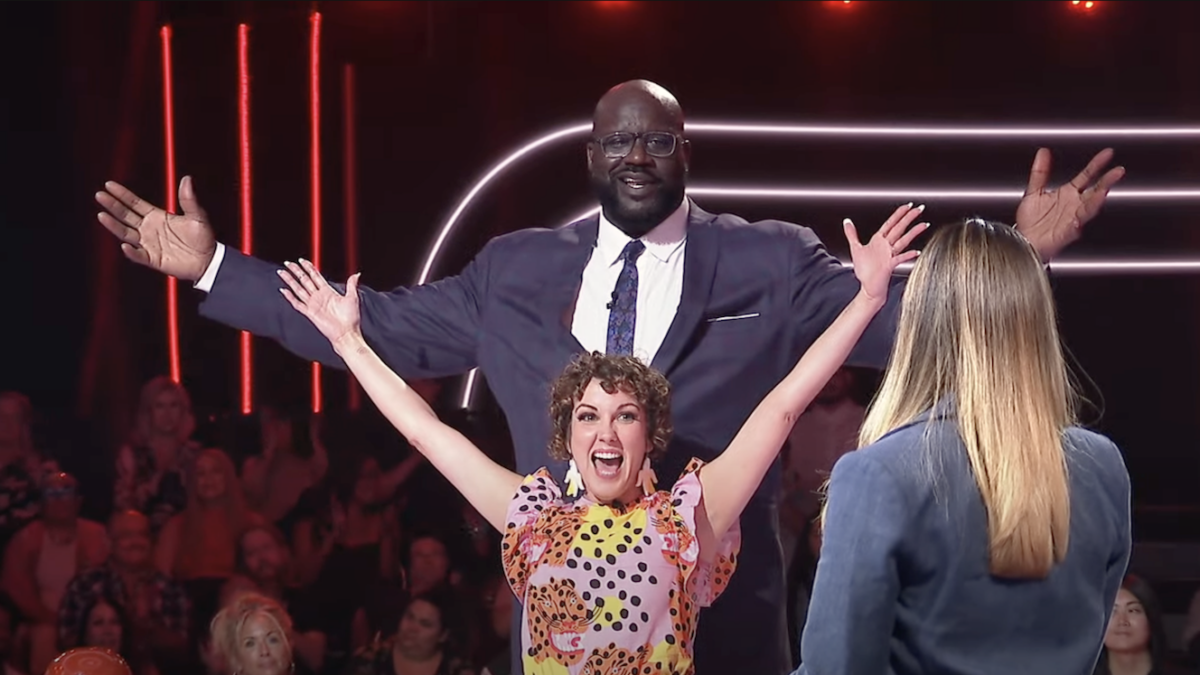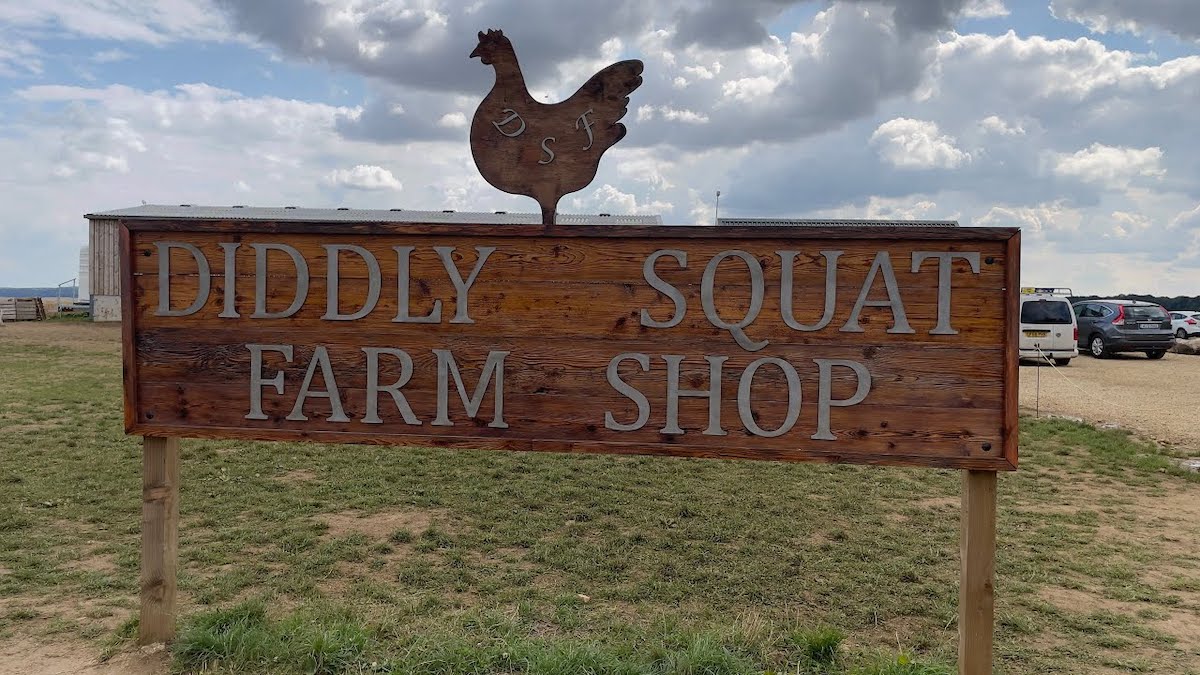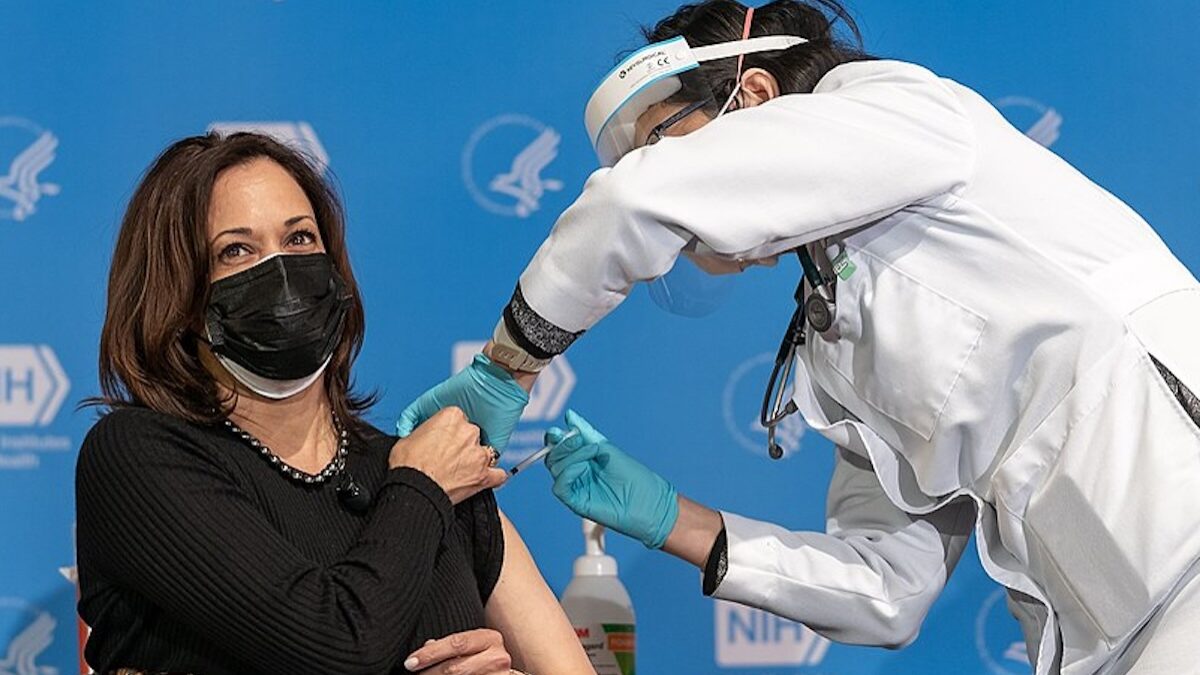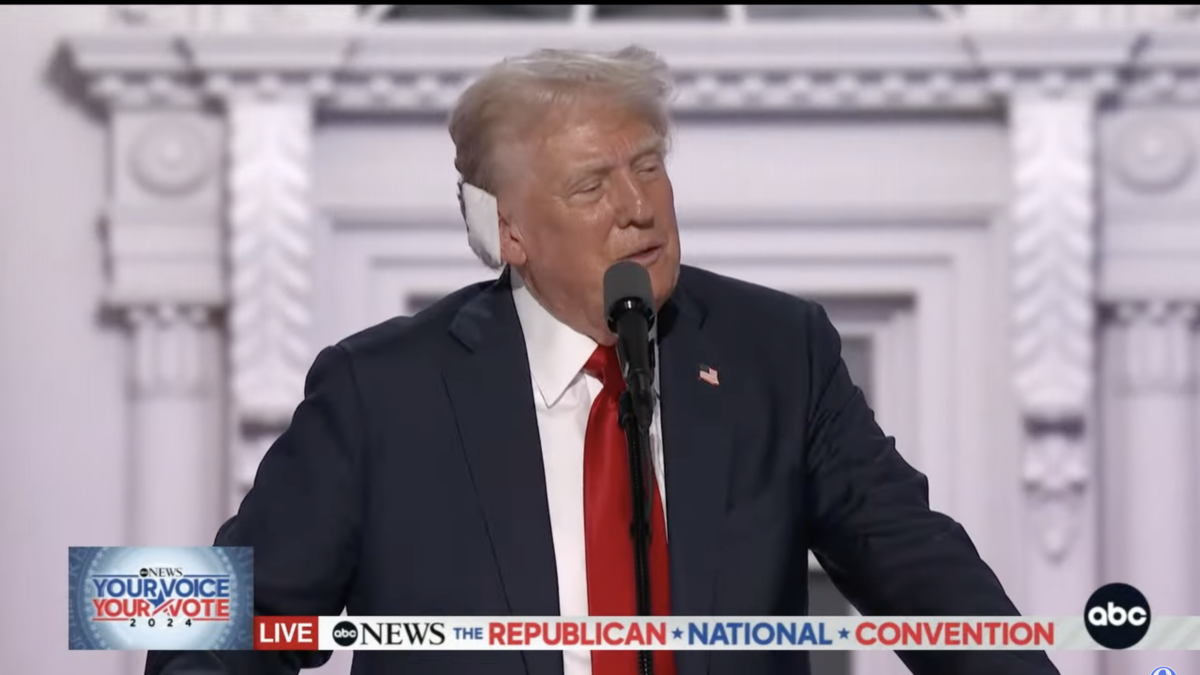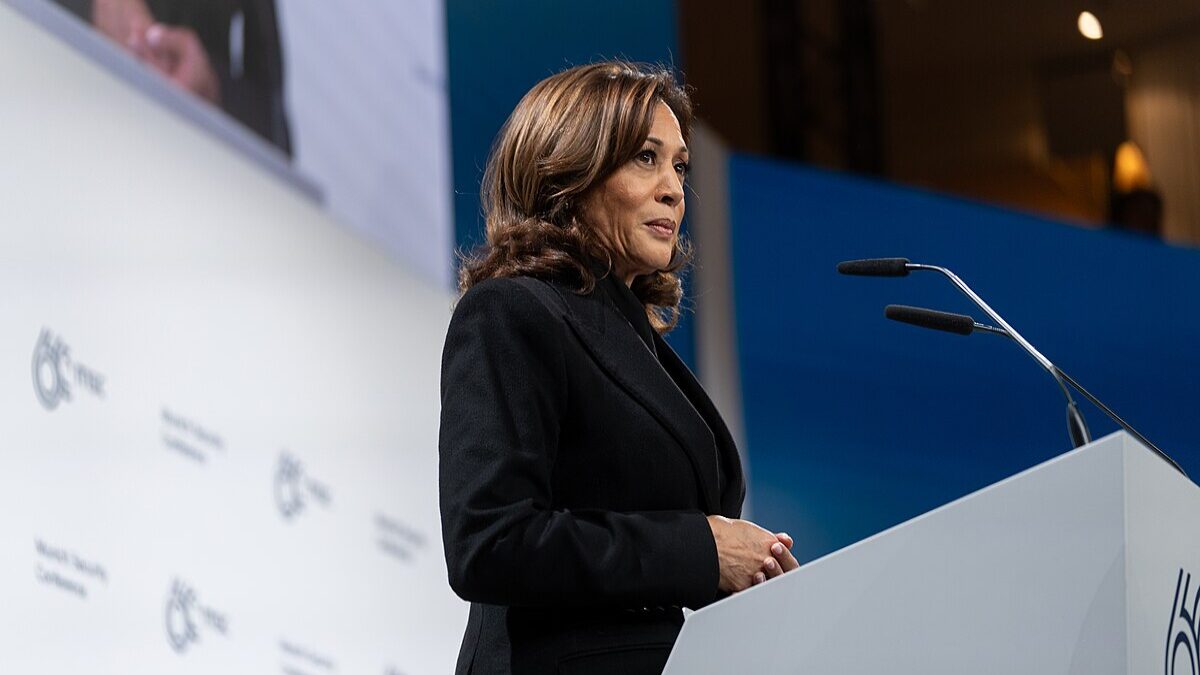Television lost one of its leading lights over the weekend when legendary game show host Bob Barker died Saturday, less than four months short of his 100th birthday. (At least one pundit on Twitter wryly observed that, in true Showcase Showdown fashion, Barker apparently tried to come as close to 100 as possible — without going over.)
The former “The Price Is Right” emcee stood as one of the last living members of his generation of TV hosts (not to mention one of the last of the Greatest Generation). For that reason, he cut a different profile than many current hosts, including his successor at “The Price Is Right.”
Professional Game Show Host
At the time of the cancer diagnosis that would ultimately take his life, these pages called Alex Trebek the last true game show host still active in television. Because the genre declined in popularity in recent years, most game shows need to find emcees from other forms of entertainment, often including stand-up comedy (Steve Harvey, Howie Mandel) or talk shows (Regis Philbin, Michael Strahan).
By contrast, people like Barker and Trebek made a living by hosting a variety of game shows; when one failed and was canceled, they would find work hosting another. For instance, Bill Cullen hosted 23 different game shows on television and radio, in addition to appearing as a panelist on several others. Cullen, who hosted the original version of “The Price Is Right” from 1956 to 1965, joked that network executives invariably gave hosting duties to him by default when production companies pitched the networks on new shows.
With more than half a century hosting game shows, Barker falls into this category as a professional host. Few remember it now, but for nearly 20 years Barker also hosted the television show “Truth or Consequences,” which was so popular in its heyday that a city in New Mexico renamed itself in 1950 after the radio version of the program. Barker also appeared as a panelist on other game shows, including “Tattletales” and “Match Game,” in the 1970s.
Put another way, the elements of his game show biography that most people have forgotten about Barker are greater than those of virtually all current television emcees. That doesn’t begin to cover the 35-year stint as host of “The Price Is Right” that made him a legend to multiple generations of Americans.
Different Hosting Style
Because he hosted game shows for so long, and because he came from an earlier generation, Barker exhibited a different on-camera persona than most modern hosts. The comparison with his successor as host of “The Price Is Right” demonstrates the contrast.
Watching the modern “Price” during pandemic-era lockdowns, one could readily observe Drew Carey’s earnestness toward the game and the contestants. His enthusiasm might seem off-putting to more reserved members of an older generation: “You won the car! You won the car!!!”
By contrast, Barker often appeared to be playing the part of a game show host. Heck, he looked the part of a stereotypical game show host. When Galoob released a “Mr. Game Show Host” electronic game in the 1980s, the toy’s title character echoed a mash-up of Barker and Wink Martindale, the sole difference being that Barker stopped dyeing his hair and let it go gray around that time.
While gliding effortlessly through the mechanics of hosting an episode, Barker often showed a level of detachment not found in Carey. He seemed bemused by all the crazy things people would do on the show, particularly after winning. His demeanor suggested, “Don’t get too close to me — this suit is rented,” and he only seemed half-concerned when Samoans (always the Samoans) picked him up and carried him around.
While on stage, Barker’s pretensions were both calculated and in good fun. He often insisted on silence from the roaring studio audience — “Just a moment. Just a moment!!!” — only to deliver some deadpan wisecrack. He delighted in playing up the drama of a prize reveal, often stopping to banter with the contestants, “Isn’t this exciting! What will you do if you win the car?” He heightened the suspense while also drawing big laughs. And his Inspiration Putt prior to the start of the game “Hole in One (or Two)” took on a life of its own, as viewers dissected the strength of Barker’s putting game.
It seemed no surprise that Barker could cut his legendary fight scene in “Happy Gilmore”, or deliver a Top Ten list on “The Late Show” with pitch-perfect timing. In both cases, the gigs seemed entirely consistent with his personality.
Though born six decades earlier, Barker in some ways seems to epitomize Generation X culture: not trying too hard, with a wry smile and wink that let the audience at home in on the joke, but without insulting or mocking the contestants in the studio. For this reason, millions of fans of my generation loved school holidays or sick days (real or imagined), when we could stay home and watch Barker on daytime TV.
Icon for Generations
Of course, Barker had a life outside the studio that now bears his name. He served in the Navy Reserve during World War II and proved a passionate lover of animals, such that Carey still uses Barker’s famous sign-off: “Help control the pet population — have your pets spayed or neutered!” On a less flattering note, the sexual harassment alleged by one “The Price Is Right” model during their affair proved damaging to Barker’s reputation and legacy.
I went to a taping of “The Price Is Right” two decades ago and kept my price tag for a reason, which has everything to do with how Barker’s combination of warmth and wit endeared himself to generations of viewers. We value that legacy as much as we miss his presence.
